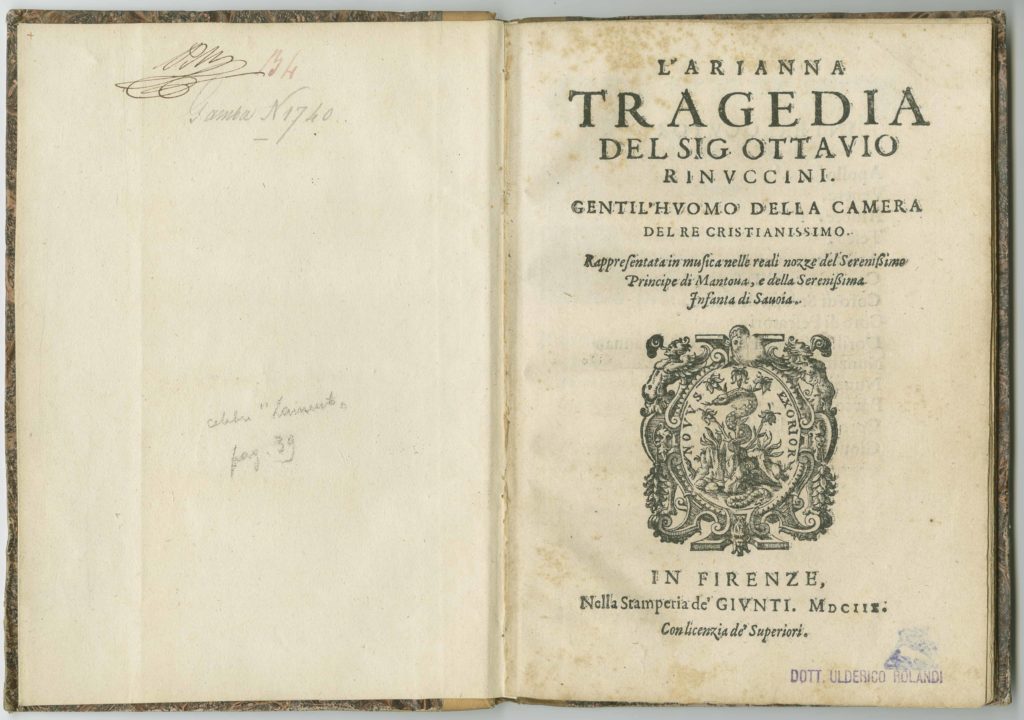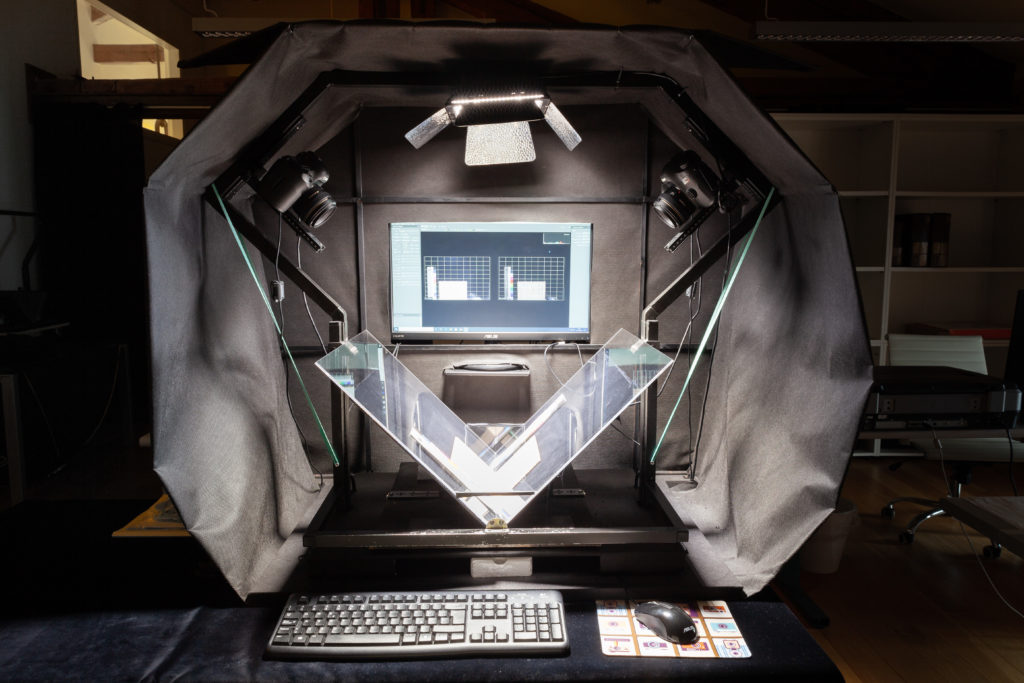

ARCHiVe for the Ulderico Rolandi Archive
Ulderico Rolandi (Rome, 23/07/1874 – 03/12/1951), a gynaecologist by profession, was also a critic and collector, actively involved in music studies.
In 1893 Rolandi bought a small group of librettos, which formed the basis of a vast collection that he continued to add to until his death: a total of about 21,500 printed, manuscript or typescript librettos from the 16th to the 19th centuries, and various special editions.
After his death, his heirs looked after the collection until 1957, when negotiations began for its donation to the Fondazione Cini, conducted by Vittorio Cini himself, assisted by Vittore Branca. That same year the Rolandi collection became part of the collections in what was then called the Institute of Literature, Music and Theatre. Today the Rolandi librettos are housed in the Foundation’s Institute for Theatre and Opera.
Over the years, the collection has been the subject of various development projects. Catalogued in the National Library System (SBN), thanks to the A.CO.M. project (1987-1990), an initial selection was digitised in the Echo project (2005-2008). Today, this selection can be consulted in the Institute’s digital library.
The ARCHiVe Centre is currently working with the Institute on the digitisation of the librettos and the preparation of the acquisition files ahead of their online publication. The digitisation at ARCHiVe laboratories makes use of a V scanner (a photographic acquisition tool for bound items) and a software application capable of metadating files during the digitisation phase, inserting not only management metadata, but also descriptive metadata concerning the cartulation and providing the possibility to indicate through tags information such as the presence of engravings, a spine, covers, etc.
In addition to librettos, the Rolandi Archive includes a thematic library and a collection of music scores, playbills, prints and portraits of composers, musicians, singers and personalities from the world of music. These items can be consulted in the Institute of Theatre and Opera Digital Archive.
The scholarly coordination of the project is managed by the Institute of Theatre and Opera.
